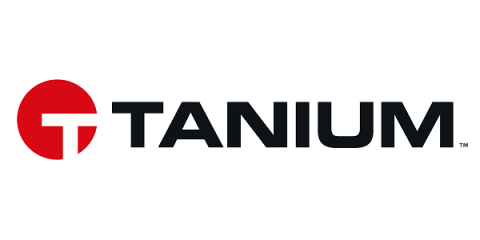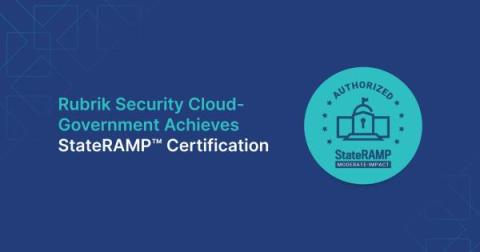Ensuring Microsoft 365 Data Security and Compliance with Veeam
As of 2023, Microsoft Office 365 is utilized by over a million companies globally, according to a recent Statista report. It has become an indispensable tool for organizations as they adapt to hybrid workforces and a global economy, leveraging its collaborative power and the need for a robust data protection strategy. At the core of Microsoft 365’s security framework lies the Shared Responsibility Model, delineating the responsibilities of Microsoft and organizations using their services.











